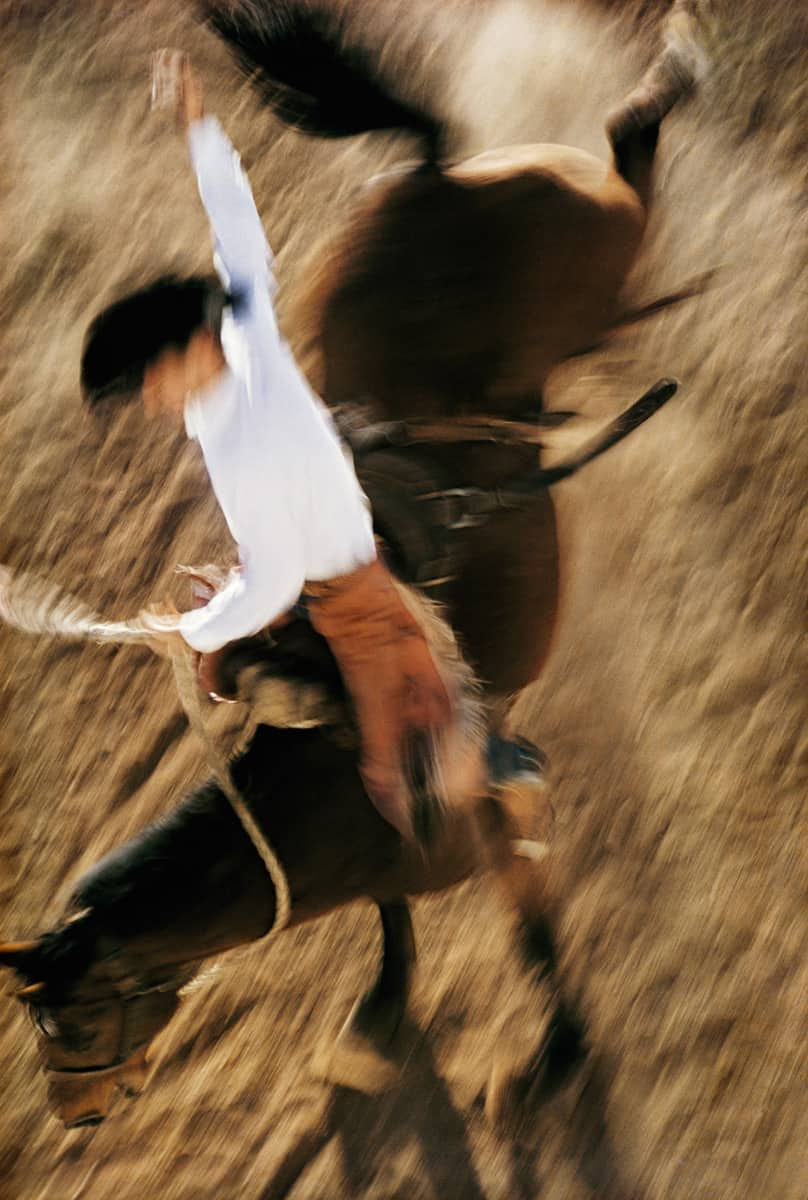The Ultimate Road Traffic Law FAQ — Real Questions Answered by Ireland’s Leading Defence Solicitor
- Patrick Horan

- Jul 8, 2025
- 6 min read
Updated: Jul 14, 2025
Road Traffic Law Ireland: 25 FAQs About Drink, Drug & Driving Offences

SECTION A — DRINK DRIVING (COMMON + UNCOMMON)
This is where fear starts for most drivers. You’re stopped. You blow over. You feel fine. There was no accident and nobody got hurt. So why does the court still take it so seriously? These are the real questions people ask and the truths few lawyers will say out loud.
Q. "Can I write a letter to the judge myself?
A: You’re not insane are you?
Good.
If you value your freedom don’t even think about it.
Of all the crazy things a person could do,
this is right up there with self-immolation and
pointing a loaded gun at your foot"
Q1. Can I be banned for drink driving even if no one was hurt?
A: Yes. Injury or damage isn’t required. If you’re over the limit, you face an automatic disqualification.
Q2. I blew over the limit but didn’t feel drunk — can I fight this?
A: Yes. The law measures alcohol, not your feeling. But the State must prove each step legally. If they miss even one, the case can fall.
Q3. I drank after the crash — does that get me off the hook?
A: Almost certainly not, but not for the reasons you think. You have to prove, with medical evidence, that if it hadn’t been for the drink you had after driving, you wouldn’t have been over the limit. The truth? Almost no one runs this argument in court because the onus is on you to prove it, not the State.
Q4. Can I get a lesser ban if I plead guilty early?
A: No. Judges sometimes reduce the fine if the plea comes early. If you’re in the two-year disqualification bracket, that’s what you get whether you plead guilty day 1 or plead not guilty and are found guilty later. But pleading guilty too soon can backfire if a defence exists that you or your lawyer weren’t aware of.
Q5. Can I represent myself in a drink driving case?
A: Legally, yes. Strategically? Insane. You wouldn’t let a tree surgeon operate on you would you? Don’t attempt to defend this on your own. You will lose: I say that with 100% metaphysical certitude.
Q6. My alcohol level was 51mg — just over. Will the judge show mercy?
A: No. 51 is over. But you should be eligible to receive a fixed charge penalty notice provided you’re not disqualified and you hold a valid licence.
Q7. Will the Garda return my keys if I fail a breath test?
A: Yes. It doesn’t mean you’re free to drive again. It just means that you’re being given your property (keys) back. But it is not an invitation to drive again.
Q8. My job depends on driving — can I beg the judge for mercy?
A: You can explain your situation, but mandatory disqualification laws leave no wiggle room. If you’re convicted, the ban is automatic. Your only option is to avoid conviction.
Q9. Unusual: Can I be breathalysed if I was just sitting in my car listening to music?
A: If Gardaí believe you had intent to drive while intoxicated, you can be arrested and prosecuted. Courts look at control: keys, engine, your position. It happens more than you'd think.
Q10. Will the judge be made at me if I plead not guilty and get found guilty?
A: Of course not. Why would they? They know the penalties facing someone who is convicted and besides the State have to prove their case against you. You don’t have to prove your innocence.

SECTION B — DRUG DRIVING (FEARS + MYTHS)
Drug driving is now where drink driving was 20 years ago. Full of myths, misunderstandings, and life-changing consequences. Even one mistake, one joint at the weekend, can put you over Ireland’s strict legal threshold. Here’s what you need to know before it’s too late.
Q11. How long after cannabis can I legally drive in Ireland?
A: There’s no guaranteed “safe” window. THC can stay in your system for days. If you're tested and over the limit, you face a charge.
Q12. I was sober but tested positive for drugs — can I still be charged?
A: Yes. Irish law doesn’t require signs of impairment — just a blood result over the threshold. That’s why it catches people off-guard.
Q13. Do Gardaí need to think I’m impaired before testing me?
A: No. You just have to break the law in some way to trigger the test. But once a test is underway, a positive result carries more weight than behaviour. It often becomes a “backward justification.”
Q14. Can a prescription drug get me banned?
A: Yes — if it’s a controlled drug under the law and over the limit in your blood. For instance methadone is prescribed to heroin addicts. But you may have a defence if properly prescribed and taken.
Q15. What does the MBRS say about drug detection and half-life?
A: “A half-life of 1 hr means that 50 % of the drug will be broken down in 1 hr, 75 % at 2 hrs and so on.” Even small leftover traces can test positive.
Q16. Unusual: If I’m charged with drug driving, can I argue that I took the drug unwillingly? A: It’s called involuntary intoxication. The burden is very high — you’d need very strong evidence. It’s not enough to just say someone spiked you. If everyone could say that then the courts would be full of people claiming that if it hadn’t been for the mysterious stranger who spiked their drink they’d never have been over the limit.
Would you believe that?
Exactly.
SECTION C — PROCEDURE + TACTICAL INSIGHT
This is where cases are won. Or lost. The public focuses on alcohol or drugs — but the law focuses on proof. Timing, observation, paperwork, rights. If any link in the chain is broken, a case can collapse. But only if you know what to look for.
Q17. Do I have to give a second breath test at the station?
A: Yes. The roadside test is just preliminary. The evidential breath test at the Garda station is what counts. Refusing it is a separate offence with a severe penalty: four-year disqualification.
Q18. Can I refuse to give a urine or blood sample?
A: You’re not insane are you? Good. You can refuse, but it’s a very bad idea. Refusal carries an even harsher penalty than being over the limit. Judges treat it seriously because the penalties are brutal: €5,000 fine/6 months imprisonment/ 4-year disqualification.
Q19. Can I change my plea later if I plead guilty too early?
A: This is extremely difficult. You’ll also need to get new lawyers. You have to do this because you told your previous lawyers you were guilty. Therefore they can’t represent you on a “not guilty” basis, because you told them that you did it. Even then its very, very hard to convince a judge to permit a change like this. And the judge alone has the discretion whether to allow you do this or not.

Q20. What if the Garda made a mistake with the paperwork?
A: It depends on the mistake. No two are the same. Many are treated as minor and not enough to cause a case to implode. But some can be terminal.
SECTION D — COURTROOM PERCEPTION + JUDGE PSYCHOLOGY
Court isn’t just legal. It’s human. How you behave, how you dress, what you say — it all shapes what a judge thinks about you. These questions aren’t legal technicalities. They’re legal safeguards. They’re about what actually makes a difference.
Q22. Should I wear a suit to court?
A: Absolutely. Judges notice everything — from how you speak to how you dress. A suit says you’re taking it seriously and showing respect. Tracksuits, runners or any other casual clothing says something else.
Q23. Will the judge be more lenient if I cry or seem distressed?
A: Hardly. It can also backfire. Judges value honesty and ownership more than emotion. Sincerity helps. Self-pity doesn’t.
Q. Can I change my plea later if I plead guilty too early?
A: This is extremely difficult. You’ll need to get new lawyers.
You have to do this because you told your previous lawyers you were guilty.
Therefore they can’t represent you on a “not guilty” basis,
because you told them that you did it.
Even then its very, very hard to convince a judge
to permit a change like this.
Q24. Should I explain my personal problems in court?
A: Only with care. Tell your solicitor and they can decide whether they -not you- should outline these details to the court. But in general if you’re telling the judge about your circumstances, you’ve already lost. As I focus on winning, I don’t pay much heed to personal problems.
Q25. Unusual: Can I write a letter to the judge myself?
A: You’re not insane are you? Good. If you value your freedom don’t even think about it. Of all the crazy things a person could do, this is right up there with self-immolation and pointing a loaded gun at your foot. You and the judge are not long lost friends, so put the pen down. Otherwise 1-star accommodation beckons.
Final Thoughts.
These FAQs come from real fears. Real clients. Real courtrooms.
I’ve spent years listening, answering, and fighting — not just to win cases, but to help people walk out of court with their lives intact.
If you’re facing a road traffic charge, you don’t just need information.
You need strategy. You need answers that work in real courtrooms — not just online.
After all, it’s the choice between going off the road… or driving home.
And everybody wants to drive home.



Comments